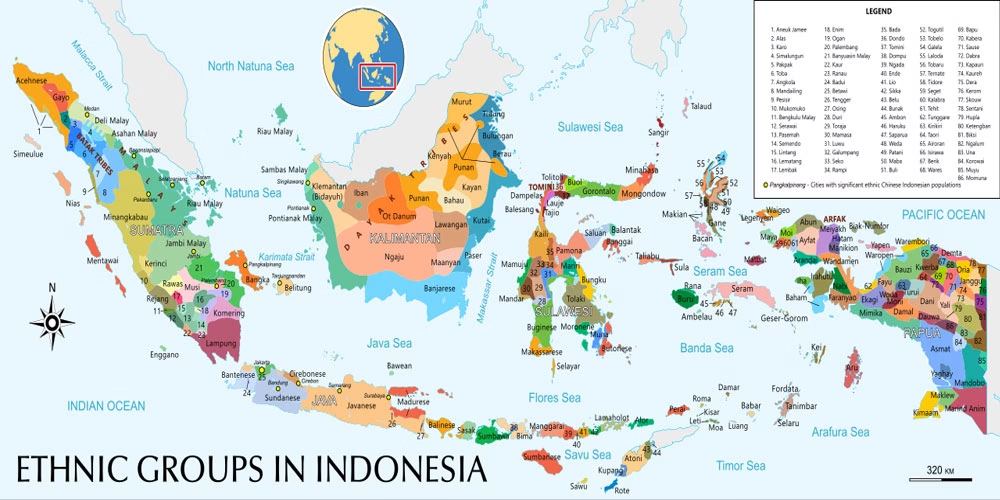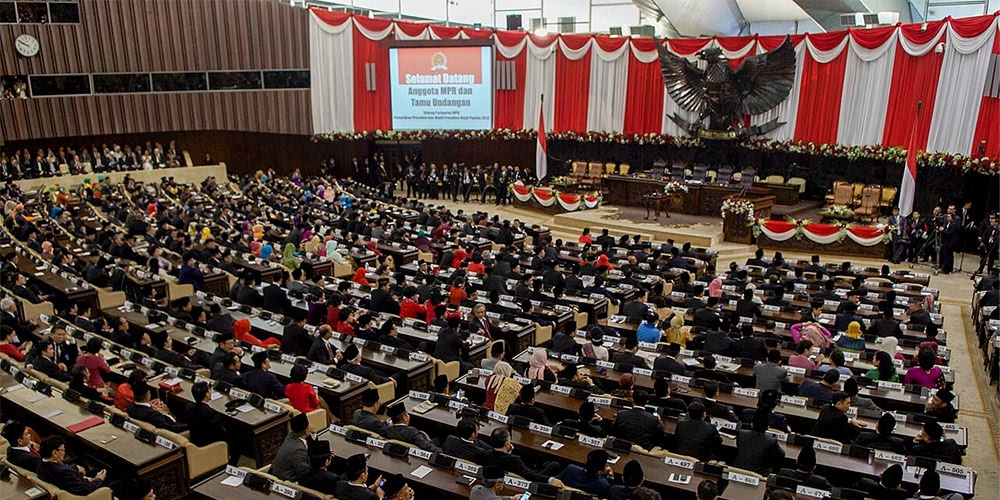Three Key Drivers for Indonesia’s Energy Storage Market Development: Resources, Policy, and Market.
As the world’s largest archipelago, Indonesia is entering a golden era of energy storage industry development.
It’s unique geographical features, abundant natural resources, and urgent need for energy transition combine to create enormous potential for Indonesia’s energy storage market.
1) Natural Resource Advantages
Indonesia has excellent geographical conditions for energy storage development. Located on the equator, Indonesia boasts abundant solar energy resources and excellent annual sunshine conditions.

As the world’s largest nickel producer, Indonesia also possesses considerable cobalt reserves. These key mineral resources provide a solid foundation for the development of local battery manufacturing and energy storage industries.
2) Geographical Conditions and Energy Demand
Because Indonesia is an archipelago, its power system operates independently across multiple regions. Some remote islands still rely on diesel power generation, which not only leads to high power generation costs but also creates significant carbon emissions. A photovoltaic plus energy storage solution can reduce costs and offer significant economic benefits.

Furthermore, energy storage systems play an irreplaceable role in maintaining the stability of island power grids and balancing power supply and demand.
3) Policy Support System
On May 26, 2025, the Indonesian government released the “Electricity Supply Business Plan 2025-2034” (RUPTL), which clearly states that it will add 69.5 GW of installed power generation capacity over the next decade, of which 42.6 GW will come from renewable energy, including 17.1 GW of photovoltaic power generation capacity.

Currently, Indonesia’s energy storage and lithium battery industries are still in their infancy, highly dependent on external supply, and lacking local manufacturing capabilities and technical systems.
Taking the lithium battery industry as an example, although Indonesia boasts abundant resources of key minerals such as nickel and cobalt, the manufacturing of core materials such as cathodes, anodes, electrolytes, and separators relies almost entirely on mature overseas supply chains.
Local companies also have limited participation in mid- and downstream processes such as cell production, system integration, and control software, and most often partner with foreign companies or directly import finished products to meet project needs.
While Indonesia’s energy storage market commercialization model is still in its exploratory phase, the Indonesian government, utilities, and private energy companies have generally recognized the important value of energy storage in improving system flexibility, ensuring power reliability, and promoting energy development.
Therefore, Indonesia’s energy storage market is experiencing historic development opportunities, driven by a trifecta of resources, policies, and demand. Despite facing challenges, the vast market potential and clear policy guidance make it a crucial market for global energy storage companies.

